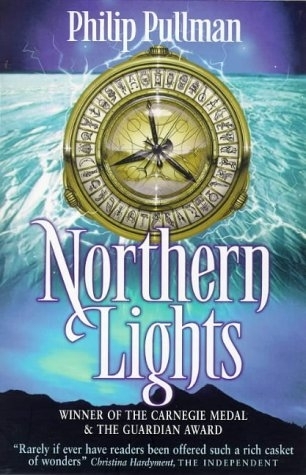
Book Title: Spellslinger
Author: Sebastian de Castell
Series: Spellslinger #1
Series: Spellslinger #1
Date Started: April 10th 2017
Date Completed: April 15th 2017
Genres: Fantasy, Mystery, Adventure
Quality Rating: Four Stars
Enjoyment Rating: Five Star
Quality Rating: Four Stars
Enjoyment Rating: Five Star
Final Rating: Four stars
Review:
◆ Thanks to Netgalley for this ebook for review ◆
◆ Thanks to Netgalley for this ebook for review ◆
If you'd asked me within the first half of this book what I thought about it, I would've gushed about its brilliance. I haven't had as much fun reading a book since Six of Crows came out. Unfortunately, it took itself a little too seriously towards the end and lost me a little bit, but it wasn't enough to make me think badly of the book. Spellslinger was a very enjoyable read and I'm looking forward to the rest of the series.
Spellslinger had an interesting magic system - and world system in general actually. The ideas of different disciplines is pretty standard but it was the politics around sparking the bands (achieving magical skills) and what happened if you weren't able to was what made it click. Especially when you extend that past Kellen's people and onto how they interact and look at the peoples that don't have magic. I loved the idea of Ferius' cards having some sort of magical properties and being a part of this magical world, but not having to be a form of magic itself to be important. There are weapons outside of pure magic for the people that aren't mages.
What carried this book through for me was the quick-witted dialogue. De Castell knows how to tailor a speaking style to a person, and keep it consistent, not to mention a lot of his characters have a humour I can relate to. There are some characters in here that would have annoyed me from just being around had they not had their place in the narrative through their dialogue.
I wouldn't say the plot itself is really what you're focused on in the story; it's more of Kellen's personal journey and development. And quite a bit of setting him up for what's to come in the series I suspect. We get quite a few details that weren't really relevant to this story on its own: the shadowblack and war politics with the peoples outside of the oasis didn't really relate to the mage's trials or war for clan prince, though I'm sure they're going to be a big thing in the future. Having said that, I'm not even sure those particular plot lines are very important either. They were just a bit of a time-absorbing distraction for now to move us along Kellen's story - an enjoyable distraction, I admit. Overall, most of the things that didn't quite fit with this book were still fun to read.
Something that completely went over my head was the western genre. I wasn't even aware I was supposed to be setting it as a western in my head until I did some reading around the book and saw someone mention it. I was actually getting a lot more eastern vibes than western - probably with the terminology of 'oasis' with its pillars and fountain and the magic system and palace. None are things that I'm familiar with being included in westerns.
In terms of characters, there's two sides to it. De Castell's protagonists are well thought out and crafted, consistent and unique from those around them. But his side characters become caricatures of themselves very early on. His female characters, for example, were great to start with, but within 100 pages the novelty wore off and they just became stereotypes of themselves. You can have someone be bold and arrogant, or brash and confident, or even meek and nervous in one situation, but when everything around them changes and they don't they're not a convincing character anymore. And because the women were so obviously supposed to contrast expectations the book set up they were all the more noticeably off.
On the other hand, when de Castell focuses on one character for a big part of his story it pays off. Strange as it sounds, having a protagonist who was genuinely a bit useless at everything he was expected to do was really cool. We all like an underdog narrative but it's all very well having people who are supposedly untalented, and then discover halfway through that they're actually more special than everyone else, but it doesn't ring very true and these days we're tired of it. But Kellen really is useless with magic, but through understanding that (though definitely not accepting it), he ran into other things he could use and take advantage of. It's a bigger thing in Spellslinger because his people are so hell-bent on effectively punishing you if you aren't skilled with magic, so for Kellen to not make it but turn his back on their expectations and find something else that worked for him, it made quite the interesting story.
I'm ultimately more interested in Kellen's adventures from here on out but I did have a lot of fun reading this first book. Its little twists of originality gave it a nice kick and de Castell's writing is definitely fiery and slick enough to keep you engaged. Thoroughly enjoyable and worth the read.

